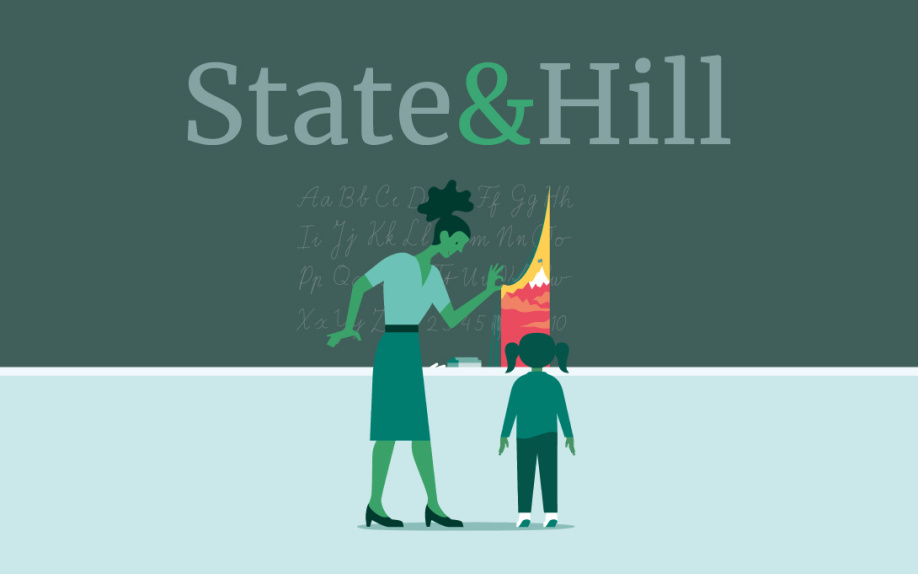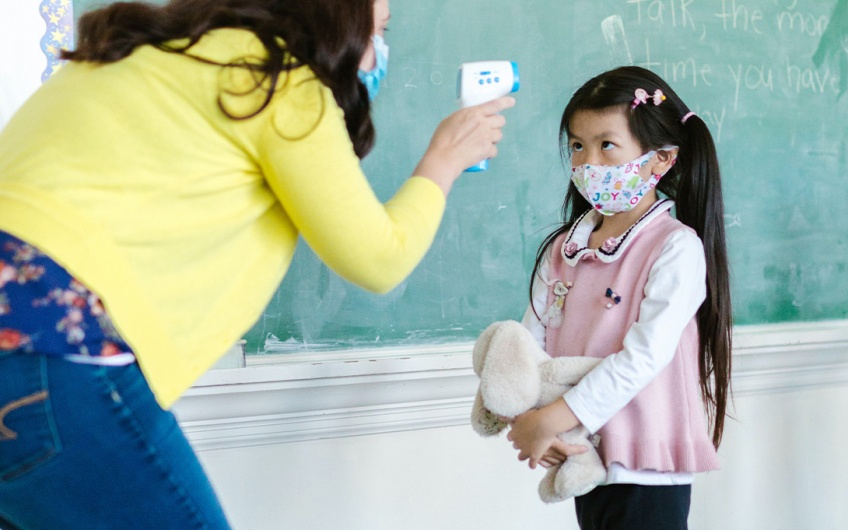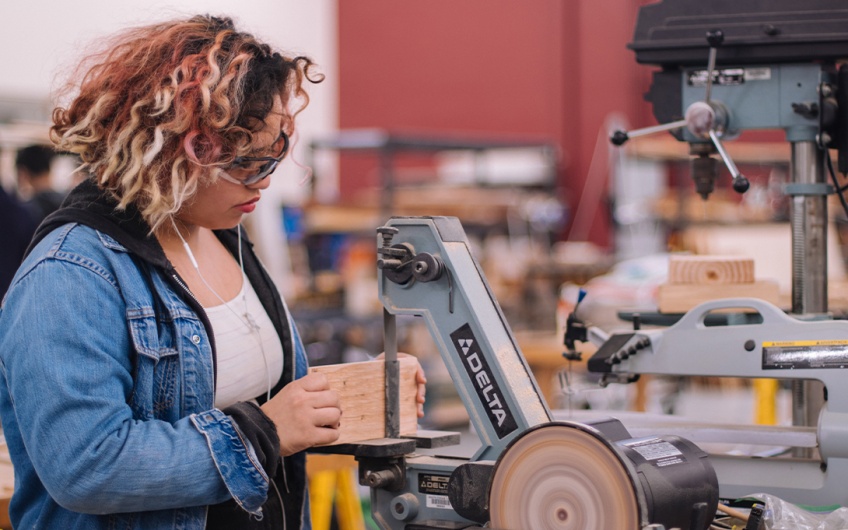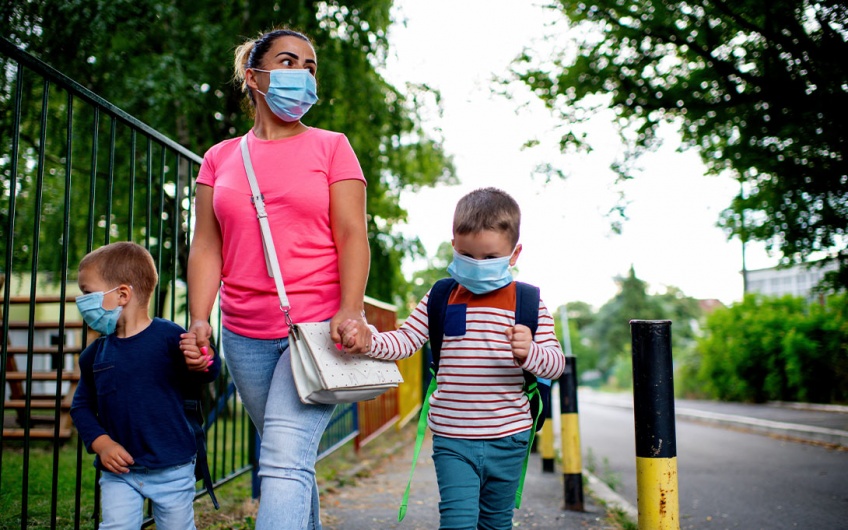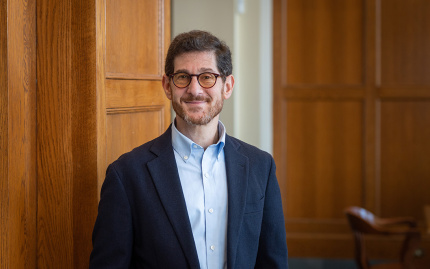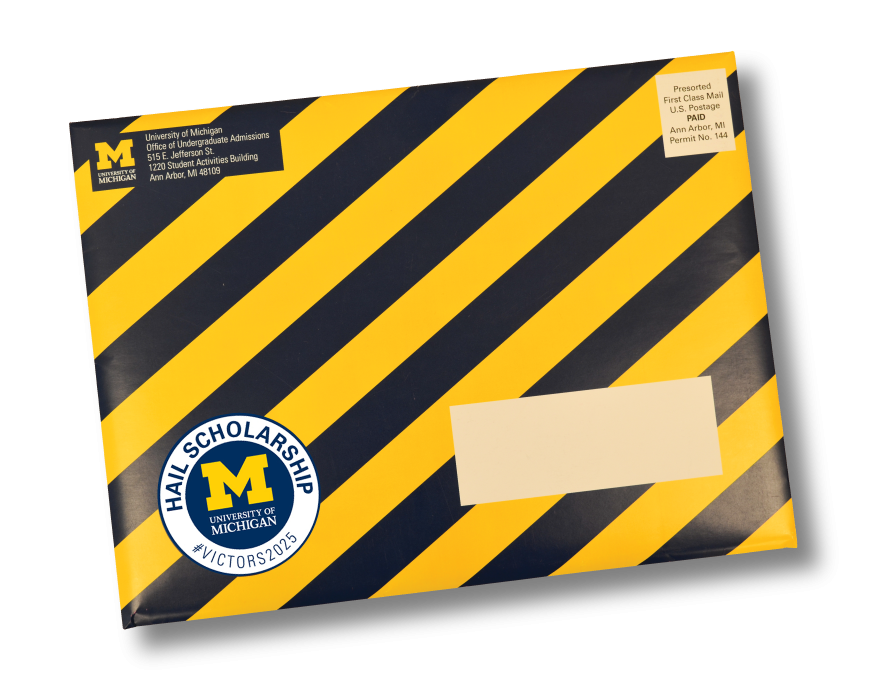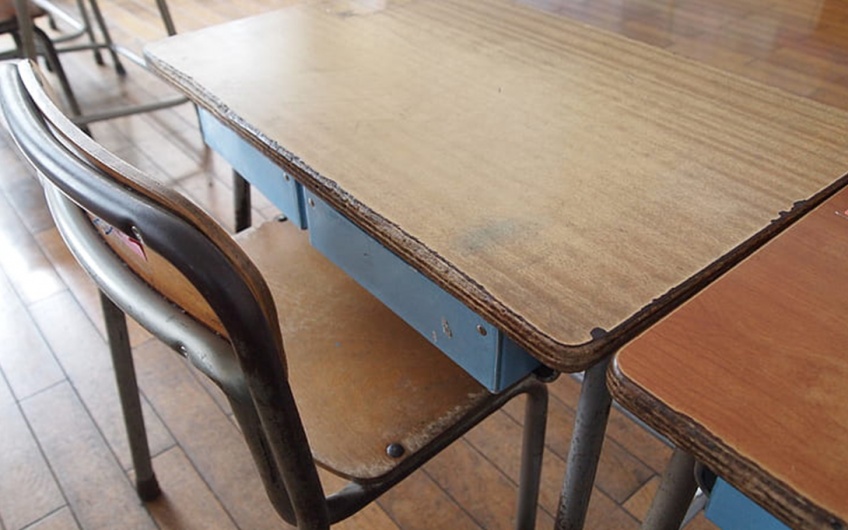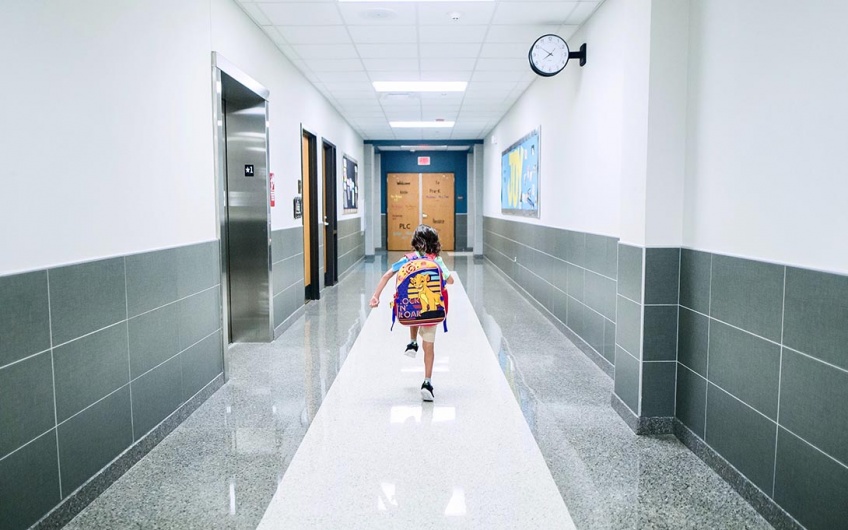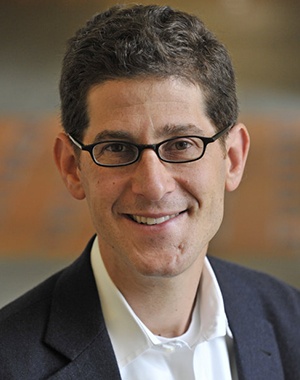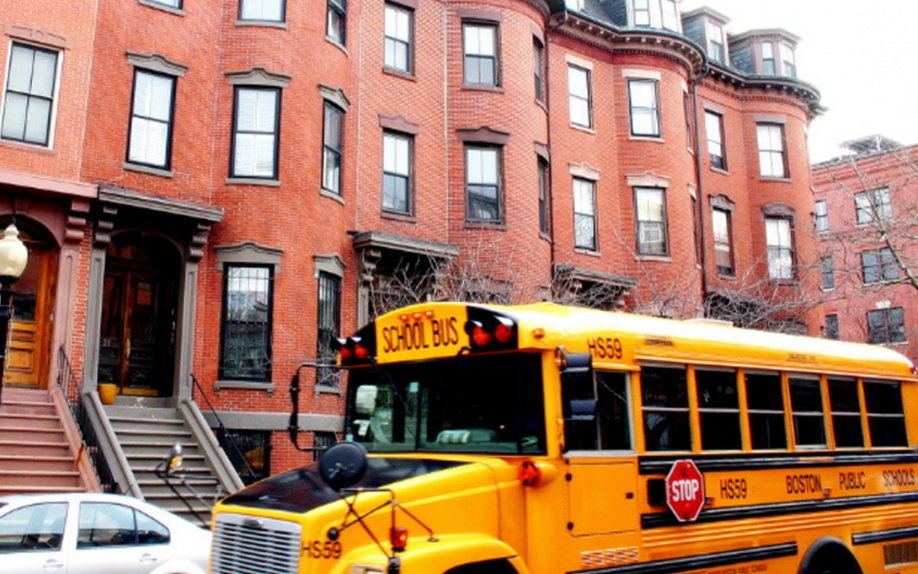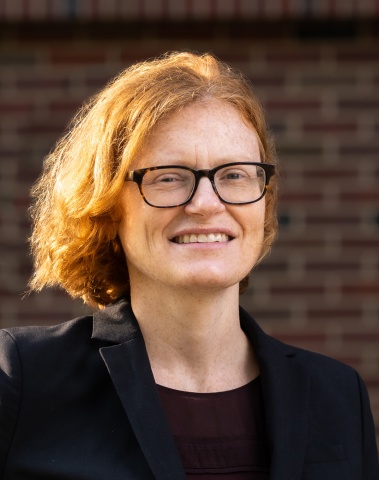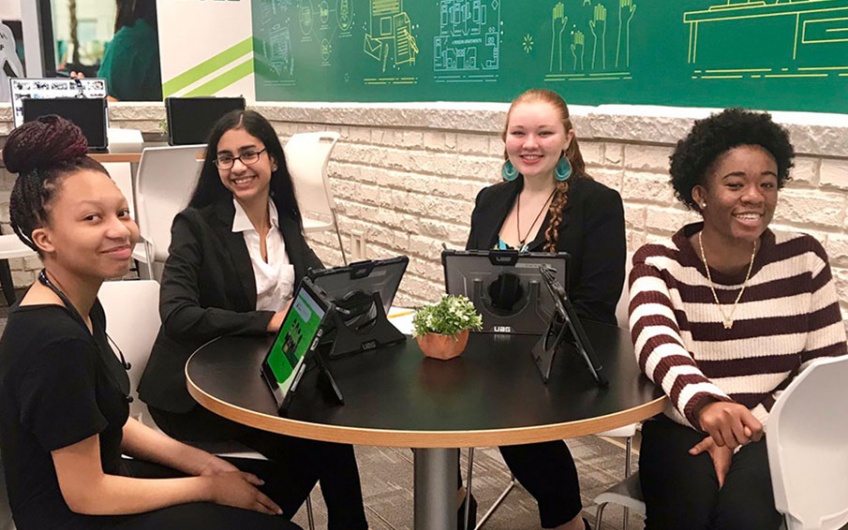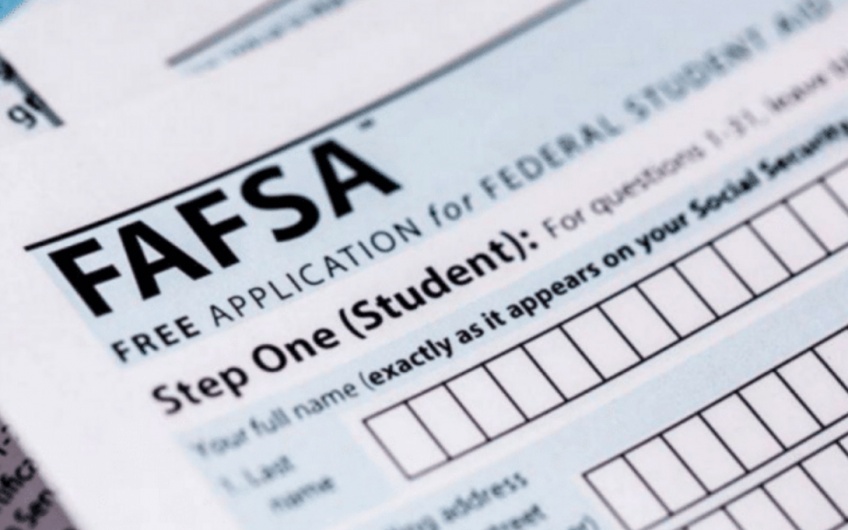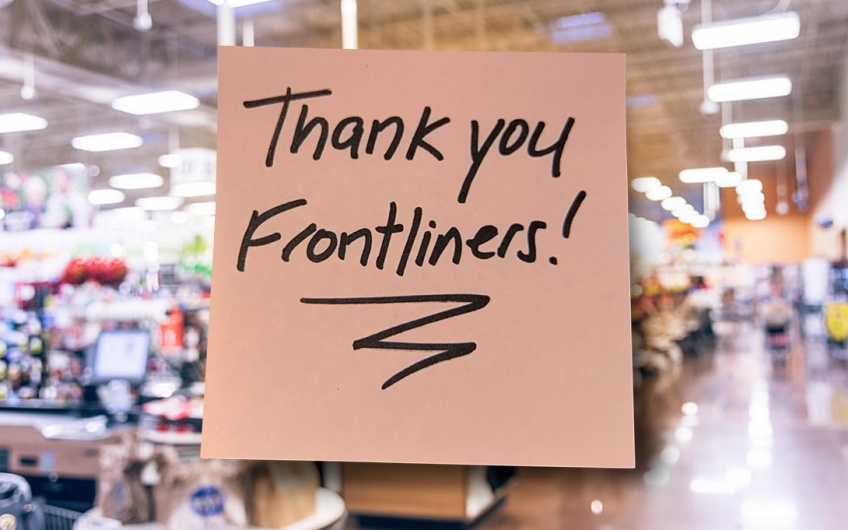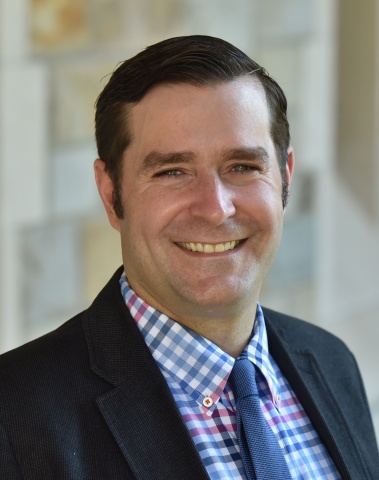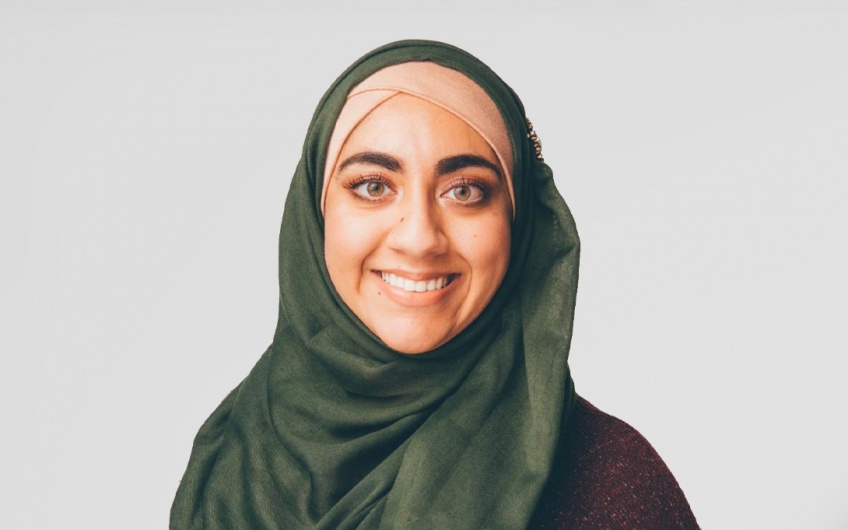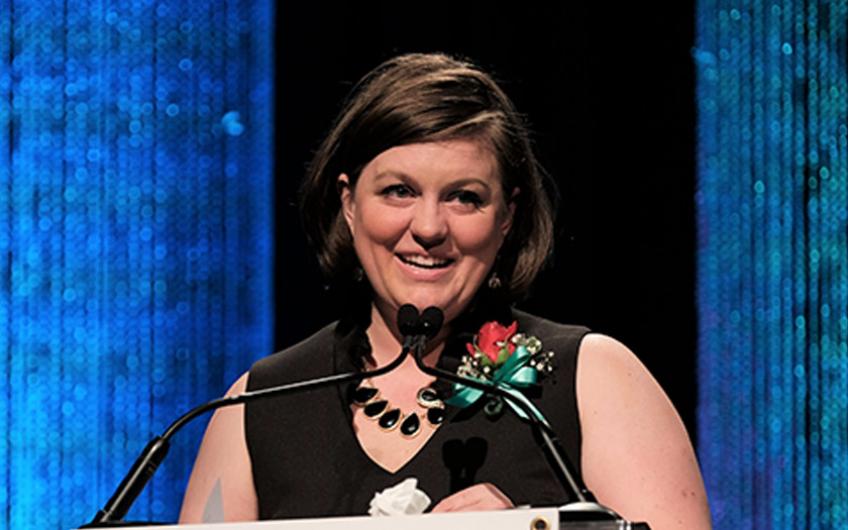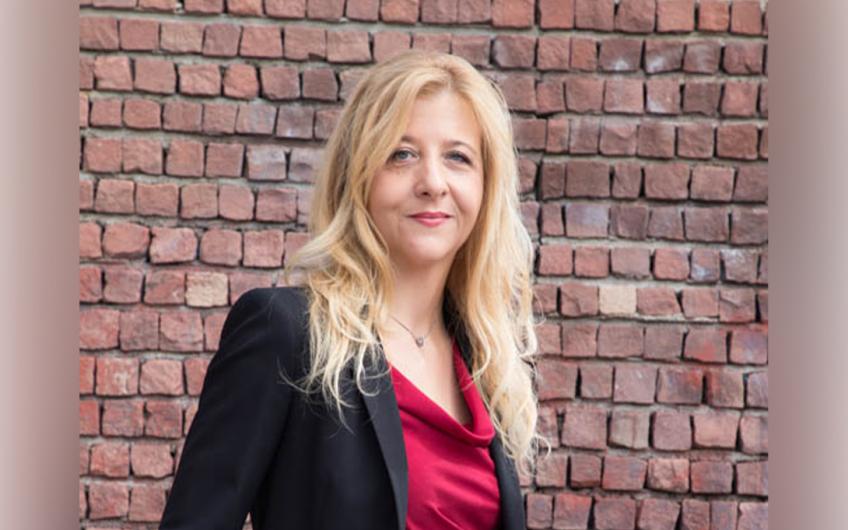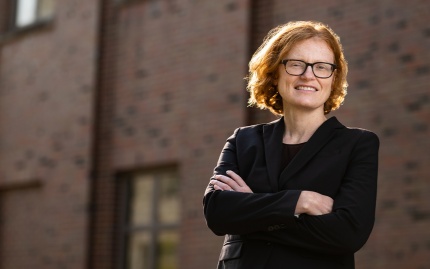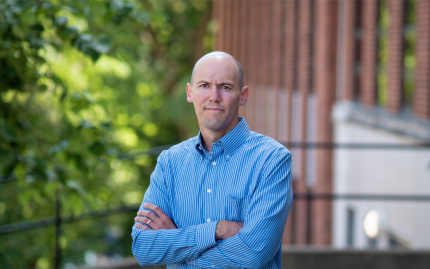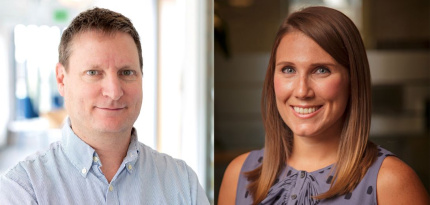Education policy
From cradle through career, education programs exist to help children and youth learn, grow, and succeed in school and in life. But how do decision makers know which interventions work? How can their investments address institutional and systemic inequalities in education?
Ford School faculty and staff use rigorous analytical methods to understand which policies, programs, and practices improve educational outcomes—and which do not. They use this data to partner with and empower community stakeholders, government agencies, and policymakers across the country to make informed decisions and create better results for students. And our faculty trains the next generation of education policy professionals to help create a brighter future.
Much of this work takes place within two education-focused research centers housed at the Ford School—the Education Policy Initiative and the Youth Policy Lab.
EPI study offers deeper dive into demand for educational choices, implications for schools during pandemic
News
View allBrian Jacob
Christina Weiland
Kevin Stange
-
Christina Weiland: How the COVID-19 pandemic has impacted young students’ learning Aug 5, 2021
-
Bringing the Actual Science of Reading to Policy and Practice Nov 19, 2020
-
Bringing Early Education to Young Refugee Children in Countries Affected by Humanitarian Crisis Nov 19, 2020
-
Work|Force - Video 1: Solving for Jobs, Mobility, & Poverty in an Era of Rapid Change Mar 26, 2019
-
Work|Force - Video 2: Solving for Jobs, Mobility, & Poverty in an Era of Rapid Change Mar 26, 2019
